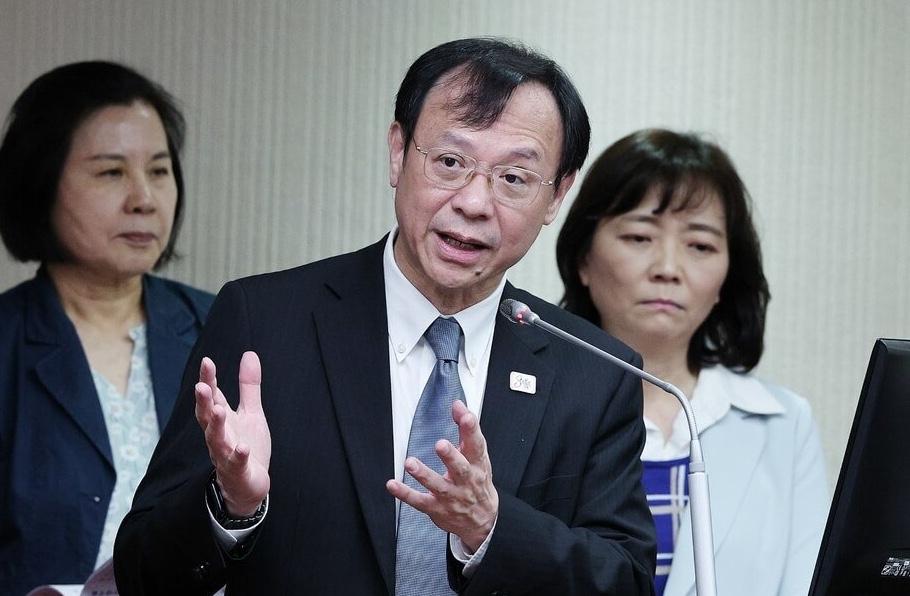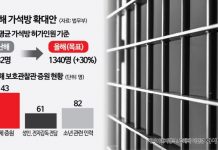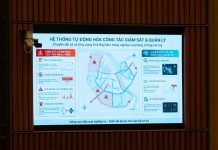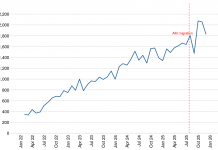The Ministry of Health and Welfare (MOHW) requires another six months to complete draft amendments to allow electronic monitoring of high-risk domestic violence offenders, as the changes would infringe on privacy and personal freedoms, Minister of Health and Welfare Shih Chung-liang (石崇良) said today.
Lawmakers have proposed amendments to the Domestic Violence Prevention Act (家庭暴力防治法) that would require high-risk perpetrators to submit to electronic monitoring.

The ministry is holding interministerial discussions to decide supporting measures, Shih told lawmakers at a meeting of the Social Welfare and Environmental Health Committee.
As the changes would infringe on personal freedom and privacy, the ministry requires an additional six months of planning and consultation before submitting the draft, he said.
It would also require assessing necessity, appropriateness and feasibility, he said.
The amendments follow a case in July in which a man in New Taipei City with a prior record of domestic abuse stabbed and killed his wife and her sister, violating a restraining order his wife had placed on him.
One proposal from legislators was to allow judicial authorities to electronically monitor high-risk offenders and enable victims, children who witness domestic violence and certain approved family members to be informed of the perpetrator’s whereabouts, he said.
Former minister of health and welfare Chiu Tai-yuan (邱泰源) in August said that the draft would require an additional six months, although the Executive Yuan has still not released its version, Taiwan People’s Party Chairman Huang Kuo-chang (黃國昌) said.

Another six months would be required to complete not only the draft amendments, but also other measures to strengthen protective measures for domestic violence victims, Shih said.
Since Aug. 6, three meetings have been held, during which participants agreed that adding electronic monitoring to the law was a correct course of action, Department of Protective Services Director-General Chang Hsiu-yuan (張秀鴛) said.
If two-way monitoring of both perpetrators and victims is implemented, it would require victims’ consent, as it would infringe on their freedom and privacy, and measures must be taken to avoid disrupting their everyday lives, Shih said.
The amendments should also include more precise risk assessments to identify high-risk cases early on and strengthen the effectiveness of temporary protection orders, he added.














